Japanese Culture and Traditions– category –
-
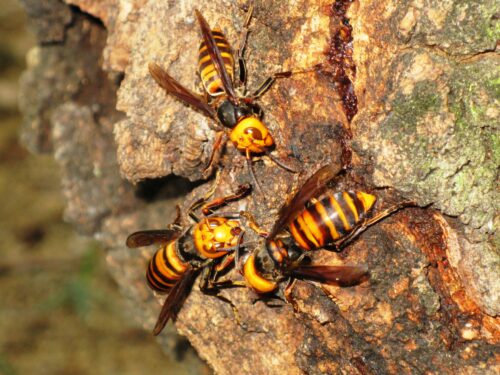
The Architect of Fear: Why Japan’s Killer Hornet Is the Forest’s Fiercest Guardian
Japan’s giant killer hornet is a fisherman’s nightmare, but it might be the only thing keeping the forest ecosystem—and our wooden furniture—safe. I explore the unsettling paradox of the giant hornet as both arch-enemy and keystone species, analyze the genius of the native bee’s "bee ball" strategy, and contrast this ecosystem with my home in Hokkaido. -

The Noble Secret: What I Learned About Japan’s Hidden Elite from a Toyota Sports Car
Japan abolished its aristocracy, but a hidden noble class persists. A naive Hokkaido boy explores this secret society, mistaking a TOYOTA heiress for a struggling salesperson. I reveal how their true mark is not conspicuous wealth but profound modesty and normality. This leads to the ultimate marketing challenge: how to sell luxury furniture to people who wear their wealth with invisible tags. -
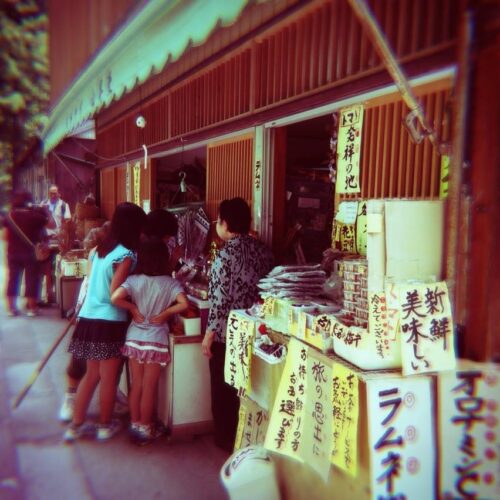
The 300-Yen Tragedy: What School Snacks Teach Us About Global Inflation
Eating snacks at school was once a "sweet rebellion" for Japanese children, governed by a strict 300-yen budget. But in 2026, inflation is destroying this childhood paradise. Join me as I discuss the "snack procurement treaties" of my youth, the collapse of 10-yen candies, and why the global energy crisis has forced CondeHouse to finally raise its prices after years of desperate struggle. -
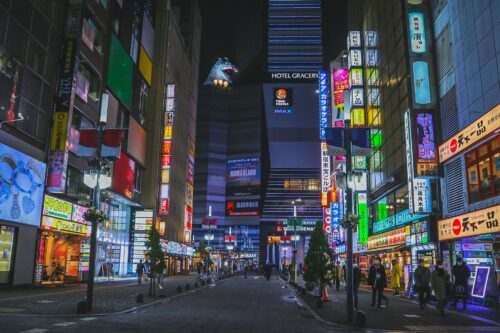
The Kaiju Metaphor: Why Godzilla is a God, Not a Villain (And Why We Must Learn to Surrender)
The Kaiju Metaphor: Godzilla is a non-negotiable force of nature that technology cannot defeat. As an ex-military person, I’m frustrated, but we Japanese simply surrender to the inevitable. Embracing a crack in the wood is a small, daily act of submitting to nature, just as the Japanese submit to Godzilla. -
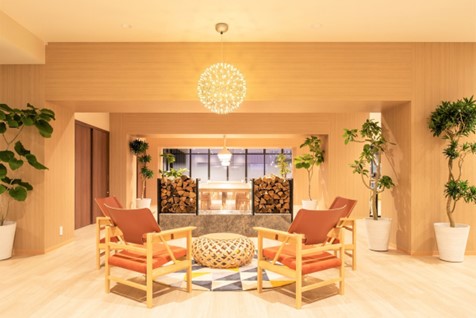
The Great Escape: Seeking the “Extraordinary” in Your Own Neighborhood
Remote work turned our homes into offices. Join me as I "defect" to a hotel just 20 minutes from my house to find a sanctuary of silence, a top-floor hot bath, and a chance to secretly spy on how people are using our furniture in the real world. -
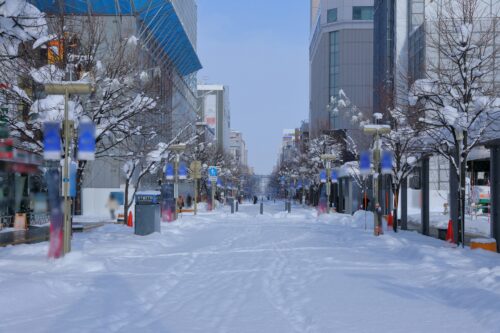
The Elsa Paradox: Turning Hokkaido’s Winter “Nuisance” into Summer Gold
Elsa makes it look easy, but shoveling snow at -41°C is no fairy tale. Join me as I explore the reality of life in Japan’s coldest city, the struggle of maintaining solar panels in a blizzard, and the brilliant, low-tech secret of using winter snow to air-condition our summers. -
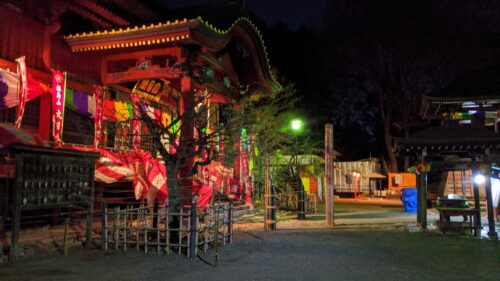
The KFC Lie and the Strawberry Illusion: How Japan Ends the Year
In Japan, Christmas is built on two brilliant marketing lies: fried chicken and strawberry shortcake. But as soon as the feast ends, we pivot to "Oosouji"—the sacred ritual of winter cleaning. Join me as I explore the delightful chaos of Japanese culture skimming, why we scrub floors in the cold, and how cleaning my PC files at CondeHouse became my ultimate end-of-year reflection. -
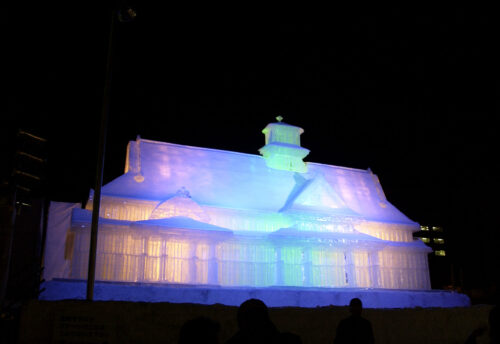
The Sculptors in Uniform: Why Hokkaido’s Winter is a Fortress of Craftsmanship
What happens when you give a military unit a mountain of snow and a Disney manual? You get a miracle that defies market logic. Explore the deep connection between Hokkaido's vanishing railways, the "military-grade" snow art of Asahikawa, and why true craftsmanship can never be "rebuilt" once it's lost. -
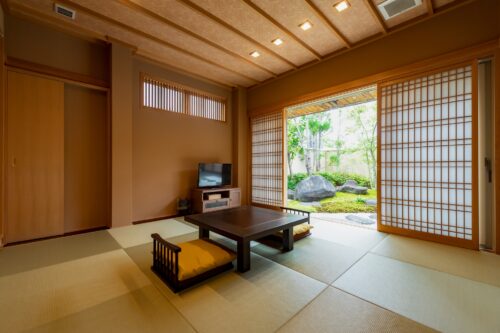
The Japanese Floor Trap: Why We Can’t Quit the Carpet (And Why Your Sofa is a Decorative Prop)
A deep, often humorous analysis of Japan's "floor life" culture. We examine the architectural wisdom of tatami, the ritual of removing shoes, and the political reasons why the most comfortable sofa still can't beat the floor. As a furniture maker, I discuss this cultural paradox and introduce the design philosophy behind our MOLA sofa—a personal hideout designed for true, unrestricted relaxation. -
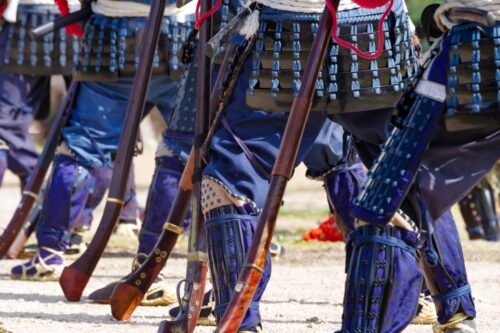
Guns, Wood, and the Japanese Spirit of “Better Than the Original”
Did you know "Pan" is Portuguese? From the accidental arrival of bread and guns to the 16th-century arms race that terrified colonial empires, join me as I explore Japan's "improvisational genius" and how we’re using that same spirit to take our Hokkaido furniture to the global stage.
